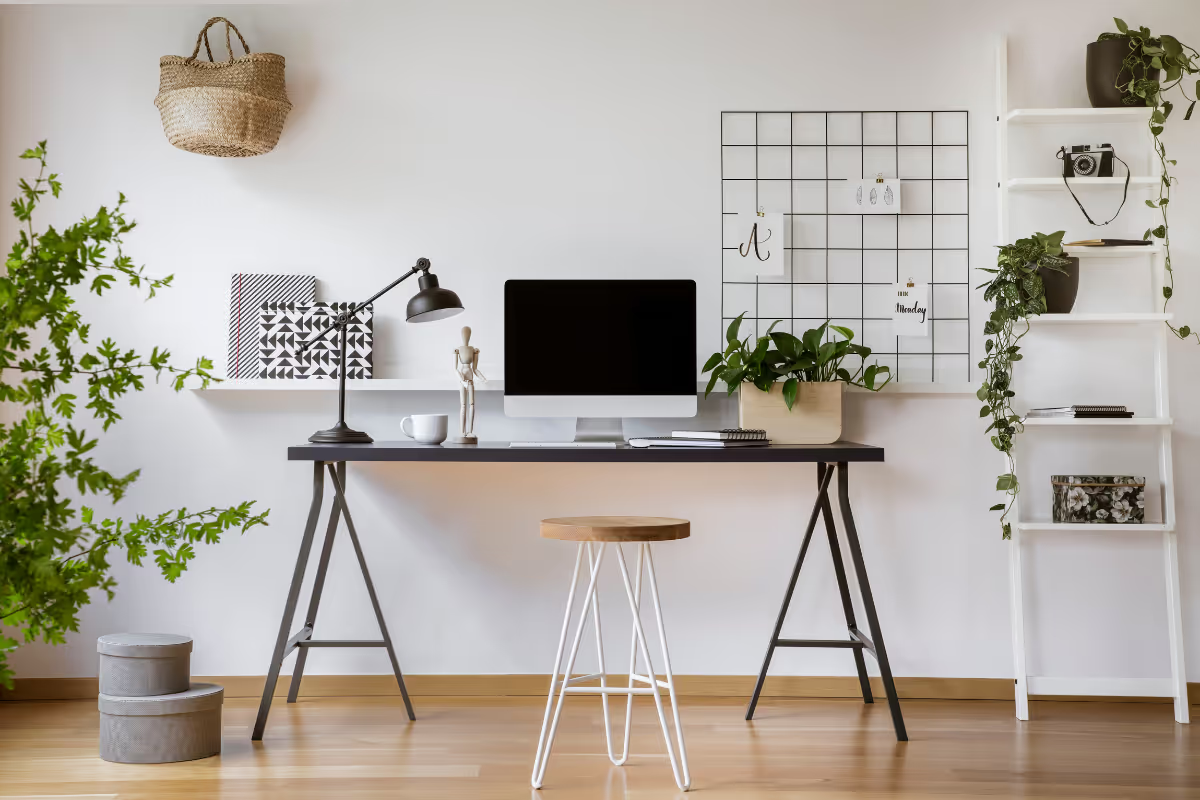
You’ve outgrown the kitchen table, and the guest room is starting to look more like a supply closet. When your home-based business hits that point, a bigger space can feel like the natural next step. But buying a new home isn’t just about square footage — it’s about how your life and work will function together inside those walls. It’s easy to miss critical details that affect zoning, finances, and even how your business grows.

You’ve outgrown the kitchen table, and the guest room is starting to look more like a supply closet. When your home-based business hits that point, a bigger space can feel like the natural next step. But buying a new home isn’t just about square footage — it’s about how your life and work will function together inside those walls. It’s easy to miss critical details that affect zoning, finances, and even how your business grows. The right move can unlock better flow, tax perks, and peace of mind. The wrong one can saddle you with layout regrets, permit issues, and underused rooms.
Article was written by guest writer, David Dixon.
Not every neighborhood welcomes home-based businesses, and zoning laws can shut down your plans fast. Some areas ban customer visits, while others limit signage, noise, or storage. You’ll need to know if your business type is even allowed in residential zones. This isn’t something a real estate listing will tell you — it requires digging through city or county regulations. Talking to a zoning official before making an offer can save you from legal headaches later. Never assume that what works now will automatically work at your next address.
A bigger house doesn’t mean better business unless the layout makes sense for how you operate. Will you need storage for equipment? A soundproofed office? A space to meet clients without disrupting your family? Walk through your day-to-day process and map it onto the house before buying. It’s not about luxury — it’s about logistics. Buying with your workflow in mind means fewer adjustments later.
Buying a live-work property can open up creative financing options. Owner-occupied loans often come with better terms than commercial ones. Some lenders even have specific programs for entrepreneurs who work from home. Being transparent about your business use helps with loan approvals and future tax planning. Don't try to “sneak in” your business plans — that can create problems during underwriting or resale. Talk to your lender about your goals upfront and explore options built for hybrid home-business use.
A larger home means more systems to maintain — and a breakdown can disrupt both your home and your business. Investing in home warranty coverage for electrical systems gives you added protection for major systems and appliances that power your daily life and work. These annually renewable contracts offer peace of mind and predictable repair costs. Especially for home-based businesses, power outages or system failures can mean lost revenue. Review your coverage to see if interior electrical line protection is included — it’s a small detail that can make a big difference. Think of a warranty as part of your operational safety net.
If part of your new home is used exclusively for work, you may be able to deduct a portion of your mortgage, utilities, and upkeep. But this only applies if you meet the IRS rules for a qualified home office. The space must be used regularly and solely for business — no part-time guest room setups. You’ll also need to calculate the square footage and document how it’s used. Many business owners miss out on this deduction simply because they aren’t clear on the requirements. A qualified tax pro can make sure you get it right.
Your business might be stable now, but growth often sneaks up fast. Choose a home that gives you room to scale — whether it’s an unfinished basement, an ADU, or a flex space. Think beyond your current needs: what happens if you hire help, expand product lines, or start shipping in bulk? It's cheaper and easier to prepare for growth now than to retrofit later. A house that flexes with you is worth far more than one that just fits for today. Look at your future business roadmap and let it inform your purchase.
The home you choose today should still make sense five or ten years from now. What if your business outgrows the house? What if you need to sell? Homes with dedicated offices or workspaces can appeal to future buyers — but only if done tastefully and legally. Be mindful of tax implications too, especially if you deduct portions of your mortgage or take depreciation. Planning with resale in mind doesn’t mean limiting your vision — it means future-proofing your investment. Smart buyers think beyond the move-in moment.
Buying a bigger home to support your business is a powerful move — but it’s not just about “more.” It’s about smarter: smarter layouts, smarter financing, smarter protections. The best setup supports both life and work without burning you out or boxing you in. Every decision, from zoning to room flow, echoes across your business operations. With clarity and planning, your next home can become your biggest business asset. Choose with both the entrepreneur and homeowner in mind.
Discover how WD Strategies can transform your business with innovative digital solutions and strategic insights—schedule your free 30-minute consultation today!